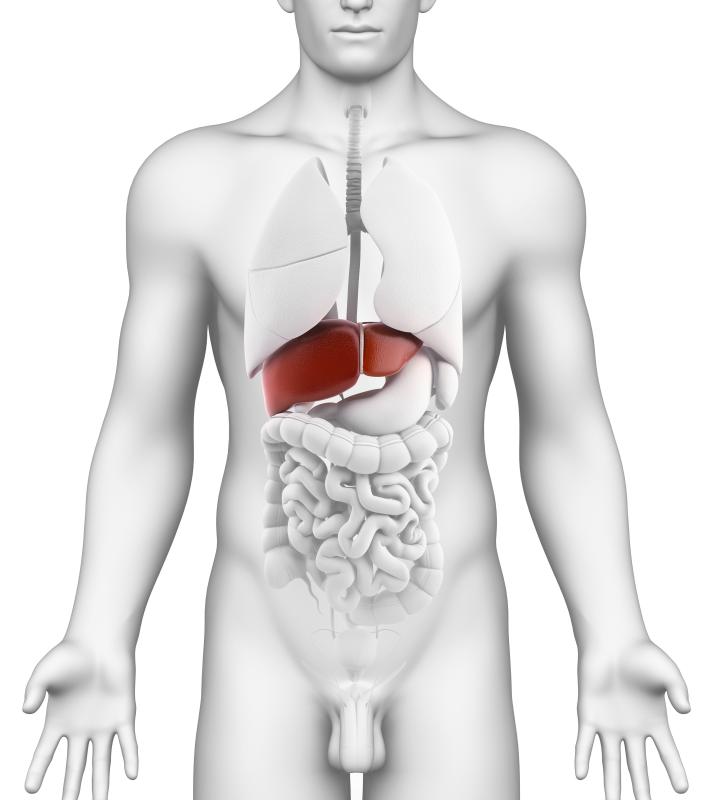At WiseGEEK, we're committed to delivering accurate, trustworthy information. Our expert-authored content is rigorously fact-checked and sourced from credible authorities. Discover how we uphold the highest standards in providing you with reliable knowledge.
What is Phospholipidosis?
Phospholipidosis is a condition characterized by a buildup of phospholipids in the tissues of the body. These compounds normally form part of the cell wall and skeleton and are continuously present in low levels, but in people with this condition, these levels rise very high. This contributes to the development of structures known as myeloid bodies. These structures can be seen in microscopic examinations of tissue and can be used to diagnose patients with phospholipidosis.
This condition is a form of lysosomal storage disorder. Lysosomes are structures found inside cells that are responsible for metabolizing waste materials so they can be excreted. In people with lysosomal storage disorders, the lysosomes are not able to do their jobs, and the compounds they normally break down and excrete become trapped in the cells. Many of these metabolic disorders are hereditary, but some can be drug induced, as seen with phospholipidosis.

A variety of classes of drugs can cause this condition and despite numerous scientific studies, the mechanism through which phospholipidosis occurs is not fully understood. In some patients, the condition resolves on its own, especially once the medication is discontinued. In others, it may need specific treatment, such as changing medications or taking the patient off medication to allow the body to recover.

This adverse drug reaction is a cause for concern because the presence of phospholipidosis can be an indicator that other drug metabolites are also building up in body tissue instead of being excreted. In patients diagnosed with this disease, a doctor may recommend testing for liver and kidney function to see if these organs are having difficulty metabolizing medication and other compounds that enter the body. If these organs have become compromised, a treatment plan needs to be developed to address it.

In cases where phospholipidosis is a risk, doctors will provide their patients with information about drug complications and warning signs of drug interactions. Testing may be recommended to check for phospholipids in the body's tissues and physicians are especially alert to declines in respiratory function and signs of liver and kidney disease. It is important to identify harmful drug interactions and reactions early, before they cause permanent damage or result in complications that will require extensive treatment.

Drugs associated with phospholipidosis include angina medication, antidepressant drugs, antimalarials, and drugs designed to lower cholesterol levels in the blood. Drug-induced phospholipidosis (DIPL) is a concern for patients on these medications, as well as other potential side effects and complications.
AS FEATURED ON:
AS FEATURED ON:

















Discuss this Article
Post your comments